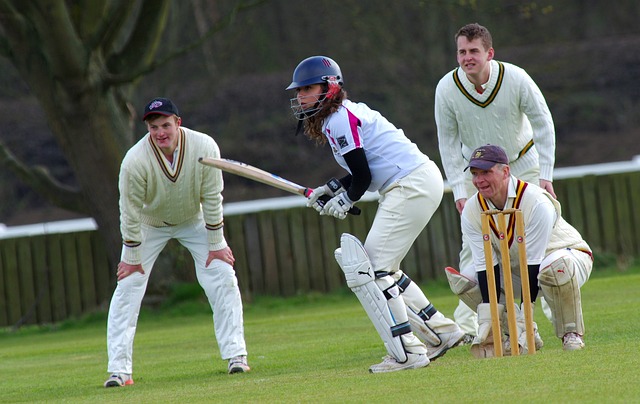Cricket and Leadership: Decision-making Strategies for Captains under Pressure: Betbhai9 com sign up, Radheexchange, Lotus 365.io
betbhai9 com sign up, radheexchange, lotus 365.io: Cricket and Leadership: Decision-making Strategies for Captains under Pressure
Cricket is not just a sport; it is a game that requires strategic thinking, quick decision-making, and strong leadership skills. The role of a cricket captain is crucial in guiding their team to victory, especially in high-pressure situations. Captains need to make split-second decisions that can impact the outcome of the game. In this article, we will explore some key decision-making strategies that cricket captains can use when the stakes are high.
1. Stay Calm Under Pressure
One of the most important qualities of a good cricket captain is the ability to stay calm under pressure. When the game is on the line, it is easy to let emotions cloud your judgment. However, a captain must keep a cool head and make decisions based on logic and strategy rather than emotions.
2. Analyze the Situation
Before making any decisions, a captain must carefully analyze the situation. They need to consider factors such as the score, the condition of the pitch, the abilities of the players, and the strengths and weaknesses of the opposition. By taking all these factors into account, a captain can make informed decisions that give their team the best chance of success.
3. Communicate Effectively
Communication is key in cricket, both on and off the field. A captain must be able to effectively communicate their decisions to their team members and ensure that everyone is on the same page. Clear and concise communication can help avoid confusion and ensure that everyone knows their roles and responsibilities.
4. Lead by Example
A good captain leads by example. They set high standards for themselves and their team, both on and off the field. By showing determination, resilience, and a positive attitude, a captain can inspire their team to perform at their best, even in the face of adversity.
5. Adapt to Changing Conditions
Cricket is a game of uncertainties, and conditions can change rapidly. A good captain must be able to adapt to changing circumstances and make quick decisions accordingly. Whether it’s adjusting the field placements, changing the bowling tactics, or rotating the batting order, a captain must be flexible and able to think on their feet.
6. Consult with Teammates
While the captain is ultimately responsible for making decisions, it is important to consult with teammates and coaches when necessary. By listening to different perspectives and taking feedback on board, a captain can make more informed decisions that benefit the team as a whole.
FAQs
1. How important is the role of a cricket captain in decision-making?
The role of a cricket captain in decision-making is crucial. Captains are responsible for setting the tone for the team, making tactical decisions on the field, and motivating their players to perform at their best. A captain’s decisions can often be the difference between winning and losing a game.
2. What can cricket captains do to improve their decision-making skills?
Cricket captains can improve their decision-making skills by practicing good communication, staying calm under pressure, analyzing situations carefully, and seeking input from teammates and coaches. Additionally, captains can learn from past successes and failures to refine their decision-making strategies.
3. How can a cricket captain deal with criticism of their decisions?
Criticism is a part of being a cricket captain. The key is to be open to constructive feedback, learn from mistakes, and focus on improving for future games. Captains should have confidence in their abilities and trust in their decision-making process, even in the face of criticism.







